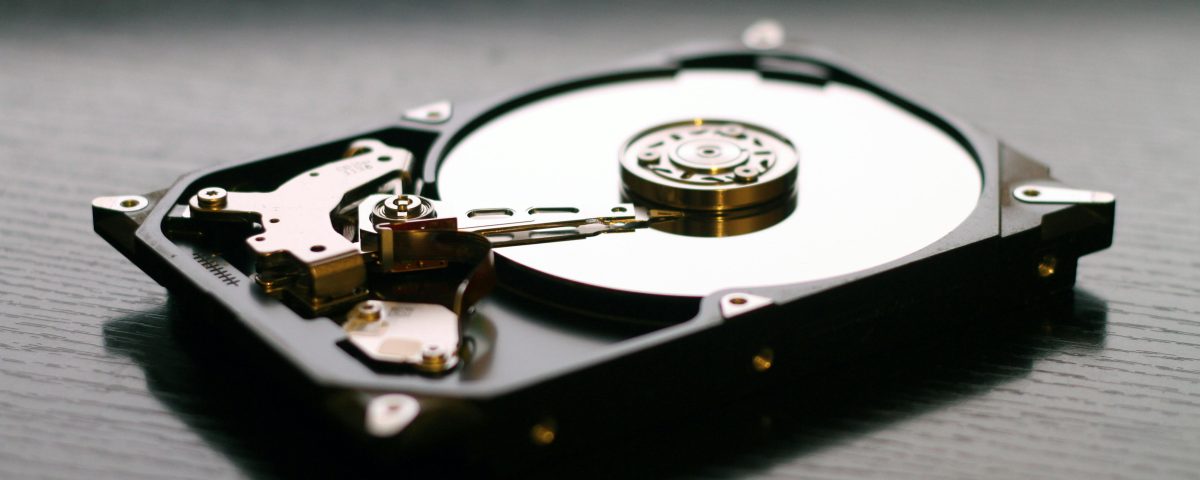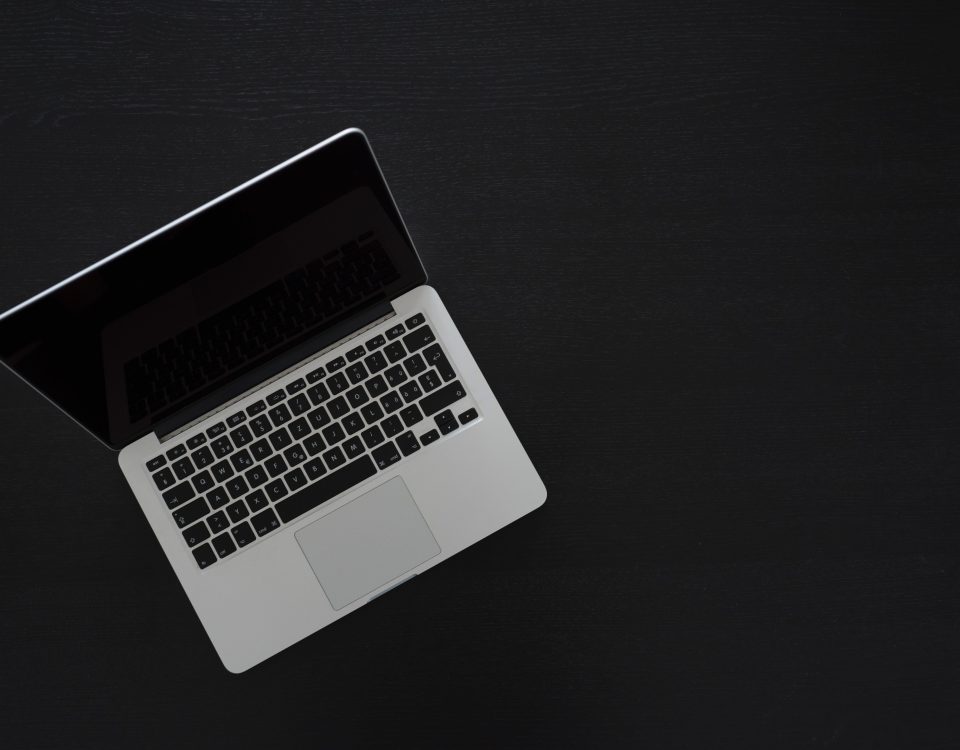The Ultimate Guide to Practicing Good Computer Maintenance: Keep Your Machine Running Smoothly

Safeguarding Digital Frontiers: The Imperative of Cybersecurity Training
April 15, 2024
The Importance of IT Support in Modern Business
June 3, 2024The Ultimate Guide to Practicing Good Computer Maintenance: Keep Your Machine Running Smoothly

In today’s digital age, our lives are intertwined with technology more than ever before. From work to entertainment, communication to creativity, computers play a crucial role. However, like any other machine, computers require regular maintenance to ensure optimal performance and longevity. Neglecting proper maintenance can lead to sluggishness, crashes, and even hardware failure. To help you keep your machine running smoothly, here’s the ultimate guide to practicing good computer maintenance.
1. Keep Your System Updated
Regularly updating your operating system, software, and drivers is crucial for computer health. Updates often include security patches, bug fixes, and performance improvements, which help safeguard your system from vulnerabilities and ensure compatibility with the latest software. Set your system and applications to automatically update or regularly check for updates manually.
2. Perform Regular Software Maintenance
Aside from updating, performing regular software maintenance tasks can optimize your computer’s performance:
- Disk Cleanup: Over time, your computer accumulates temporary files, caches, and other unnecessary data that can take up valuable disk space. Use built-in tools like Disk Cleanup (Windows) or Disk Utility (macOS) to remove these files and free up space.
- Uninstall Unused Programs: Review your installed programs and uninstall those you no longer use. This not only frees up storage space but also reduces clutter and potential conflicts.
- Defragmentation (For HDDs): If your computer uses a traditional hard disk drive (HDD), defragmenting it can improve performance by rearranging fragmented data. However, this is generally not necessary for modern solid-state drives (SSDs).
3. Practice Safe Internet Habits
The internet can be a breeding ground for malware, viruses, and other digital threats. Protect your computer by:
- Using Antivirus Software: Install reputable antivirus software and keep it updated. Perform regular scans to detect and remove any threats.
- Being Wary of Suspicious Links and Emails: Avoid clicking on links or downloading attachments from unfamiliar or suspicious sources. Phishing emails and malicious websites can trick you into compromising your computer’s security.
4. Keep Your Hardware Clean
Proper hardware maintenance is just as important as software maintenance. Dust and debris can accumulate inside your computer, leading to overheating and potential hardware failure. Periodically clean your computer’s exterior and interior components:
- Exterior Cleaning: Wipe down the exterior surfaces of your computer with a soft, dry cloth to remove dust and smudges.
- Interior Cleaning: Use compressed air to carefully blow dust out of vents, fans, and other internal components. Ensure your computer is powered off and unplugged before opening the case and cleaning the interior.
5. Backup Your Data Regularly
Data loss can occur due to hardware failure, software errors, or even accidental deletion. Protect your valuable data by regularly backing it up to an external hard drive, cloud storage service, or a combination of both. Set up automated backups to ensure your files are always up to date.
6. Monitor Your System’s Health
Keep an eye on your computer’s performance and health indicators:
- Temperature Monitoring: Use monitoring software to check your computer’s temperature and ensure it stays within safe limits. Overheating can cause performance issues and hardware damage.
By following these tips and incorporating them into your routine, you can ensure that your computer remains in peak condition, providing reliable performance and longevity. Good computer maintenance is not just about fixing problems when they arise but also about preventing them from occurring in the first place. Take care of your machine, and it will take care of you.

